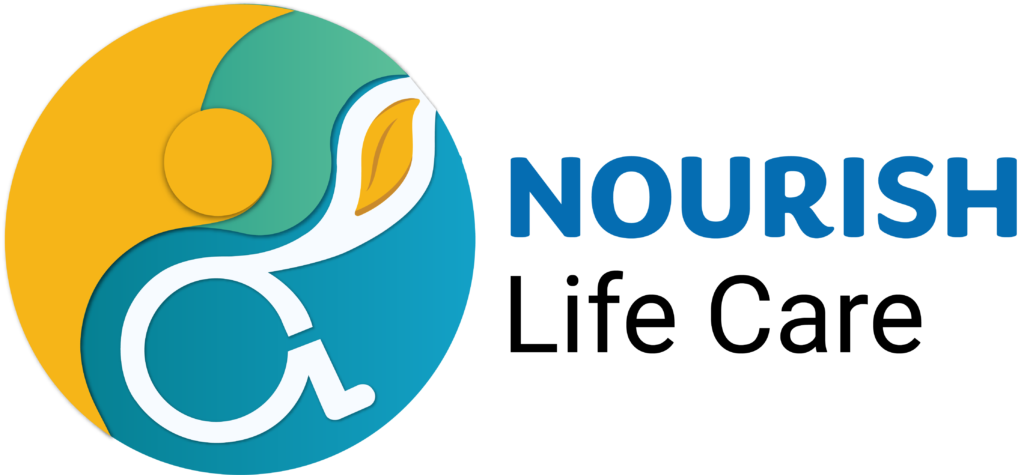
-
1. Prioritize Physical and Mental Health
Caregivers often put their loved one’s needs first, but maintaining their own physical and mental health is essential to providing sustainable care.- Regular Physical Activity: Exercise not only improves strength and energy levels but also reduces stress. Simple activities, like taking short walks or stretching exercises, can be beneficial.
- Mental Health Practices: Mindfulness, meditation, and taking short breaks for self-reflection can help caregivers manage the emotional weight of their role. Engaging in hobbies, staying connected with friends, and joining support groups can also offer mental relief and perspective.
2. Tap into Support Networks and Resources
It’s important for caregivers to recognize that they don’t have to do everything alone. Many resources and support networks are available to lighten the load.- Community Programs: Seek out local programs that offer caregiver support services, such as respite care, to allow for short breaks.
- Support Groups: Engaging with others who understand your experiences can offer valuable emotional support and practical advice. Many organizations, both online and offline, provide support groups specifically for caregivers.
- Accessible Healthcare Services: Access to adaptive equipment, counseling, and even financial planning resources can make a significant difference. Organizations specializing in disability support, like the NDIS, often offer resources for family caregivers.
3. Foster a Positive Environment for Your Loved One
Encourage holistic wellness by incorporating a balanced approach to health, social connections, and advocacy.- Adaptive Physical Activities: Introduce activities that improve strength, flexibility, and cardiovascular health, such as adaptive yoga, swimming, or even light resistance exercises.
- Balanced Nutrition: Nutrition is foundational to overall well-being; ensure that meal plans meet both nutritional needs and preferences.
- Social Connections: Facilitating social interaction, whether through community programs or virtual meet-ups, helps create a sense of connection and prevents isolation.
4. Practice Self-Compassion and Realistic Expectations
The role of a caregiver comes with highs and lows, and it’s natural to feel overwhelmed at times. Practicing self-compassion and setting realistic expectations can help avoid burnout.“In a world that often feels too big to navigate, it’s the little moments of kindness that create the biggest impact. A simple gesture, a smile, or a helping hand can ripple out, touching lives far beyond what we can see. These small acts of compassion have the power to change perspectives.” — Robert Vibes
5. Understanding and Navigating NDIS Plans
The National Disability Insurance Scheme (NDIS) is a vital resource for caregivers, providing funding and resources to support individuals with disabilities. Understanding the NDIS and navigating the available supports can help caregivers make the most of their resources.- Study the NDIS Plan in Detail: Get familiar with the goals, supports, and funding allocated in the plan. Asking questions of your NDIS planner or Local Area Coordinator (LAC) can provide greater clarity.
- Set Specific, Achievable Goals: Goals will direct the plan and resources, and keeping them specific can help you track progress over time.
- Utilize Support Categories: NDIS plans cover various support categories. Make use of these categories to access services tailored to your loved one’s evolving needs.




